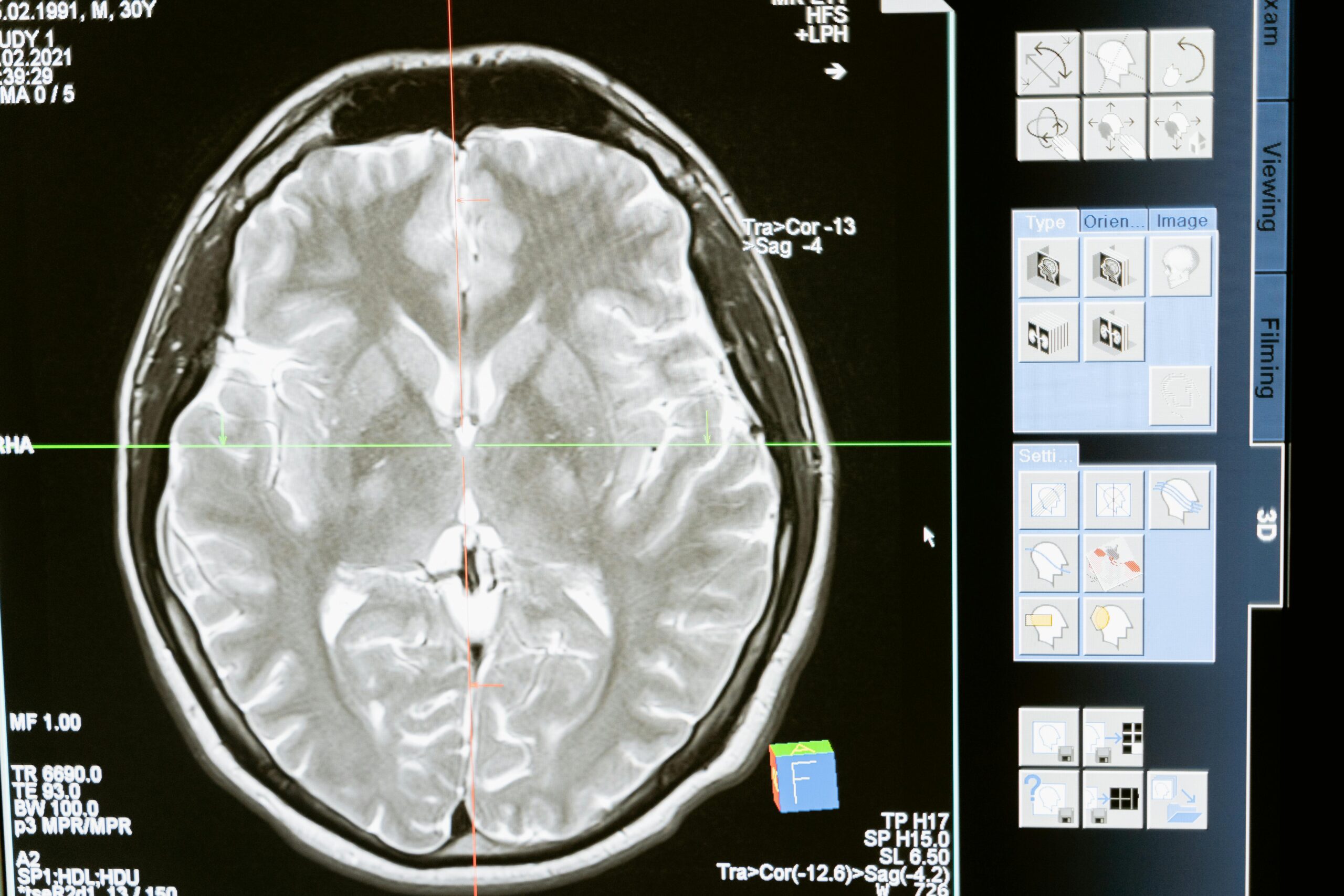The phrase “gut feeling” might have more truth to it than we realize. Recent research has uncovered a significant link between the gut and the brain, often referred to as the gut-brain connection. This complex relationship influences not only our digestion but also our mood, mental health, and overall well-being. In this article, we will explore what the gut-brain connection is, how it works, and why maintaining a healthy gut is crucial for both physical and mental health.
1. What Is the Gut-Brain Connection?
The gut-brain connection refers to the bidirectional communication between the central nervous system (which includes the brain) and the enteric nervous system (which governs the gastrointestinal tract, also known as the “second brain”). This communication system is primarily facilitated through the vagus nerve and various chemical messengers such as neurotransmitters, hormones, and gut microbes.
The gut and brain communicate constantly, exchanging signals that influence our digestion, emotions, stress responses, and even our cognitive functions. The gut-brain connection is a key part of the gut-brain axis, which encompasses the interactions between the digestive system, nervous system, immune system, and microbiome.
2. The Role of the Gut Microbiome
At the heart of the gut-brain connection is the gut microbiome—a diverse community of trillions of bacteria, fungi, viruses, and other microorganisms living in the digestive tract. These microbes play a crucial role in digestion, immune function, and the production of vital compounds that affect the brain.
The gut microbiome produces many important substances, including:
- Neurotransmitters: Chemicals that transmit signals between nerve cells, such as serotonin, which regulates mood, and gamma-aminobutyric acid (GABA), which has calming effects.
- Short-chain fatty acids (SCFAs): Produced when gut bacteria break down fiber, SCFAs help reduce inflammation and maintain the integrity of the gut lining.
- Metabolites: Chemical byproducts of microbial activity that can influence brain function, immune responses, and mental health.
A healthy, balanced gut microbiome is essential for proper communication within the gut-brain axis. Disruptions in this balance, often called dysbiosis, can negatively impact both gut health and brain function.
3. How the Gut Affects the Brain
A. Mental Health and Mood Regulation
One of the most profound ways the gut influences the brain is through its effect on mental health and emotional well-being. The gut is often called the “second brain” because it produces many of the same neurotransmitters as the brain, including serotonin, which plays a key role in regulating mood and emotions.
In fact, about 90% of the body’s serotonin is produced in the gut. If the gut microbiome is imbalanced or inflamed, serotonin production can be disrupted, leading to mood disorders such as depression and anxiety. Studies have shown that people with conditions like irritable bowel syndrome (IBS) or inflammatory bowel disease (IBD), which involve gut inflammation, often experience higher rates of anxiety and depression.
B. Cognitive Function and Brain Health
The gut also impacts cognitive function and brain health through various pathways. Inflammation caused by poor gut health can affect brain function, leading to problems with memory, concentration, and decision-making. Dysbiosis in the gut microbiome has been linked to neurodegenerative diseases such as Alzheimer’s and Parkinson’s disease.
Recent studies suggest that gut bacteria may influence the production of brain-derived neurotrophic factor (BDNF), a protein that supports the growth and survival of neurons. Low levels of BDNF are associated with cognitive decline and mental health disorders.
C. Stress and the Gut
The gut-brain connection also plays a crucial role in the body’s stress response. When we experience stress, the brain sends signals to the gut, which can trigger digestive issues such as bloating, diarrhea, or constipation. This is why stress can often manifest as stomachaches or nervous digestion.
On the other hand, an unhealthy gut can amplify stress. An imbalance in gut bacteria can lead to increased production of stress hormones like cortisol, which affects not only digestion but also mental clarity and emotional resilience.
4. How the Brain Affects the Gut
Just as the gut can influence the brain, the brain can affect gut function. When we experience emotions such as fear, anger, or excitement, the brain sends signals to the gut via the autonomic nervous system. This can lead to physical responses like “butterflies” in the stomach, digestive cramps, or changes in bowel habits.
A. The Stress Response and Digestion
The brain’s response to stress can have a significant impact on the digestive system. During times of stress, the body shifts into fight-or-flight mode, diverting energy away from digestion. This can slow down or disrupt digestive processes, causing issues like indigestion, acid reflux, or constipation.
Chronic stress can exacerbate gastrointestinal conditions such as IBS, ulcers, and gastroesophageal reflux disease (GERD). Stress management is therefore crucial for maintaining both gut health and overall well-being.
B. Psychosomatic Disorders
Psychosomatic disorders, which involve physical symptoms caused or worsened by emotional factors, are often influenced by the gut-brain connection. For example, conditions like IBS and functional dyspepsia (chronic indigestion) are believed to be influenced by psychological stress and anxiety. These conditions demonstrate the profound connection between mental health and gut health.
5. Improving the Gut-Brain Connection
Maintaining a healthy gut is essential for supporting both physical and mental well-being. Here are some ways to enhance the gut-brain connection:
A. Probiotics and Prebiotics
Probiotics are beneficial bacteria that help maintain a healthy balance in the gut microbiome. Consuming foods rich in probiotics, such as yogurt, kefir, sauerkraut, and kimchi, or taking probiotic supplements, can support gut health and improve mental well-being. Research shows that certain probiotic strains, such as Lactobacillus and Bifidobacterium, may reduce symptoms of anxiety and depression.
Prebiotics are non-digestible fibers that feed the good bacteria in the gut. Foods rich in prebiotics, such as garlic, onions, bananas, and whole grains, promote the growth of beneficial bacteria and improve overall gut health.
B. Balanced Diet
A diet rich in whole foods, fruits, vegetables, lean proteins, and healthy fats supports both gut and brain health. High-fiber foods, such as fruits, vegetables, and legumes, promote the growth of beneficial gut bacteria and help regulate digestion.
On the other hand, processed foods, excessive sugar, and unhealthy fats can disrupt the gut microbiome and contribute to inflammation, which negatively affects the brain.
C. Stress Management
Reducing stress through techniques such as meditation, yoga, deep breathing exercises, and mindfulness can help regulate the gut-brain connection. Since stress has a direct impact on both gut and brain health, learning to manage stress is key to improving digestion and mental well-being.
D. Regular Exercise
Physical activity has been shown to promote a healthy gut microbiome and improve mental health. Exercise can help reduce stress, improve mood, and support healthy digestion by stimulating the parasympathetic nervous system (the “rest and digest” system).
E. Adequate Sleep
Poor sleep can negatively affect both the gut and the brain, leading to digestive problems and increased stress levels. Ensuring you get enough quality sleep each night is vital for maintaining a healthy gut-brain connection.
6. Conclusion
The gut-brain connection is a fascinating and complex relationship that plays a crucial role in both our physical and mental health. By nurturing your gut microbiome through a healthy diet, stress management, and lifestyle choices, you can support not only your digestive system but also your emotional well-being and cognitive function.
Understanding and improving the gut-brain connection opens the door to a more holistic approach to health, where the mind and body work in harmony to promote long-lasting wellness. Whether you’re managing digestive issues, stress, or mood disorders, focusing on gut health may be the key to achieving balance in both body and mind.

